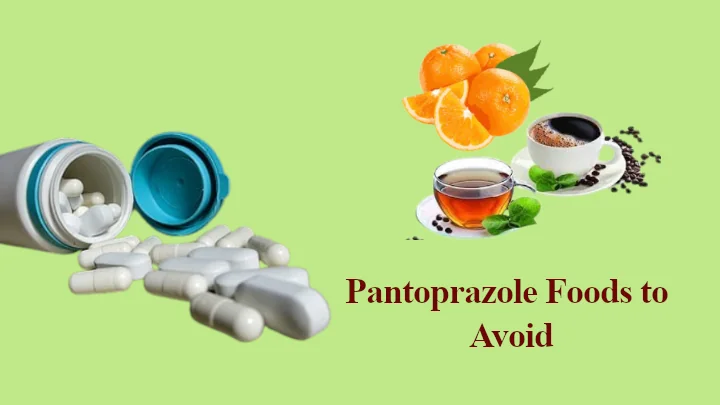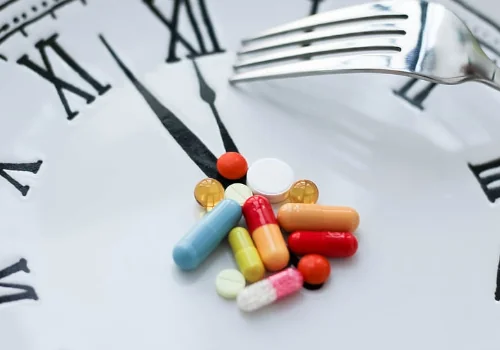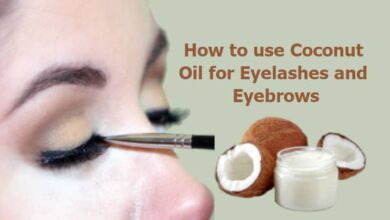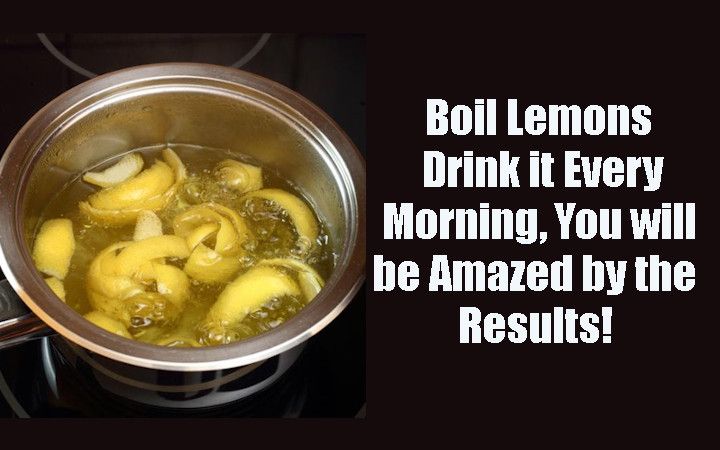Top 17 Pantoprazole Foods to Avoid

Are you looking for pantoprazole foods to avoid. I know that living with conditions like acid reflux or GERD can be complicated, and it can be hard to make the right dietary choices. However, understanding which foods to avoid when taking Pantoprazole, a proton pump inhibitor that helps reduce stomach acid production, is key in managing symptoms and promoting overall digestive well-being.
Pantoprazole offers relief by alleviating acid-related issues but certain dietary habits should accompany its use for it to work effectively. So let’s support each other as we navigate this journey together!
In this article, we explore which types of food may interfere with the effectiveness of Pantoprazole or make digestive discomfort worse.
By understanding these dietary considerations, you can make informed choices and enhance your medication’s efficacy for a more comfortable and balanced approach to managing your digestive health.
In This Article
Pantoprazole Foods to Avoid
If you or someone you know experiences acid reflux or GERD, it’s essential to be mindful of the foods consumed. Here we have listed what to avoid while taking Pantoprazole.

1. Citrus Fruits
Citrus fruits are generally acidic, containing citric acid which can contribute to stomach acidity. Taking Pantoprazole or other proton pump inhibitors (PPIs) is designed to reduce this production of stomach acids, but consuming acidic foods like citrus may counteract the intended effects of the medication.
So, if you take PPIs regularly, you must keep an eye on your intake of these types of foods!
2. Coffee and Tea
What to avoid when taking Pantoprazole are coffee and tea. We all love coffee and tea to get us going in the morning. However, it’s essential to be aware that both drinks contain caffeine which can increase stomach acid production.
This high level of stomach acid can lead to uncomfortable symptoms like acid reflux. If you’re experiencing these issues your doctor might prescribe a PPI (proton pump inhibitor) such as Pantoprazole – this medication reduces the amount of stomach acid produced.
Additionally, coffee is naturally acidic it may be best avoided or consumed in moderation if you suffer from GERD or other Acid Reflux disease!
3. Spicy foods
Spicy foods, especially those containing chili peppers or hot spices, can stimulate the production of stomach acid, which may counteract the effects of medications like Pantoprazole, which works by reducing gastric acid levels. So, if you’re taking this medication, avoiding spicy food and opting for milder options is best.
4. Carbonated Beverages
I know we all love carbonated drinks but did you know that they can lead to heartburn and discomfort? The acidity and gas in these beverages can contribute to increased pressure in the stomach. This leads to acid reflux which irritates the esophagus. It may be time to switch up our drink selection a bit!
5. High Salt Foods
Overeating salt can lead to fluid retention in the body, which increases pressure in the stomach and worsens acid reflux by putting extra pressure on the lower esophageal sphincter. So if you suffer from reflux symptoms already, monitoring your salt intake is best!
6. Acidic foods
Foods to avoid on Pantoprazole are acidic foods. It’s essential to be aware that acidic foods can irritate the lining of your esophagus, especially if you have a condition like GERD. Pantoprazole can help with healing and prevent further damage, but it’s also essential to minimize exposure to these irritants for the healing process to take effect.
7. Alcohol
It’s essential to be aware that alcohol can interact with Pantoprazole, a proton pump inhibitor (PPI). Combining these two things could worsen specific side effects or reduce the effectiveness of the medication.
It may also increase your risk of gastrointestinal bleeding – something which Pantoprazole is usually prescribed to help prevent! Let’s all be mindful about this and take extra care when drinking if we’re on pantoprazole medication.
8. Tomatoes and Tomato-based Products
Tomatoes and tomato-based products may need to be limited for medications like Pantoprazole to work effectively.
Remember that tomatoes are naturally acidic and can contribute to the esophagus’s irritation, so try reducing their consumption as part of your treatment plan!
9. Fried and Fatty Foods
Did you know that taking Pantoprazole or other proton pump inhibitors (PPIs) is generally advised to avoid fried and fatty foods?
High-fat meals can delay the digestion process in your stomach, leading to acid reflux. Consuming high-fat meals may also counteract the intended effects of PPIs like Pantoprazole by stimulating gastric acid production. So keep an eye out for those greasy treats!
10. High-Caffeine Foods and Beverages
High-caffeine foods and beverages, such as coffee, tea, certain energy drinks, and caffeinated snacks, should be limited or avoided while taking PPIs.
Caffeine can stimulate the production of stomach acid which would counteract with the intended effect of reducing stomach acid that PPIs are designed to do. It’s best to limit your intake!
11. Peppermint and Spearmint
Peppermint and spearmint are known to relax the lower esophageal sphincter (LES), a muscle that separates the esophagus from the stomach. The LES typically prevents stomach acid from flowing back into the esophagus. When it relaxes, it can contribute to the reflux of stomach contents, leading to symptoms like heartburn.
12. Mint-flavored Products
Mint candies, gum, and other products may relax the lower esophageal sphincter.
13. Processed Meats
High-fat and processed meats can increase the risk of reflux.
14. Onions and Garlic
Onions and garlic are recognized to be possible acid reflux and heartburn causes in some people. While there is no direct connection between onions, garlic, and pantoprazole, these foods may aggravate acid reflux symptoms, which pantoprazole is given for relief.
15. Large meals
Eating large meals can put pressure on the stomach and increase the risk of acid reflux.
16. High-sugar foods
Excessive sugar intake may contribute to digestive discomfort for some individuals while taking pantoprazole.
17. Chocolate
Chocolate contains substances that may relax the lower esophageal sphincter, allowing stomach acid to flow back into the esophagus.
So watch what food you’re eating and how it might affect your health – your body will thank you!
Conclusion
In conclusion, individuals prescribed Pantoprazole or similar proton pump inhibitors must keep a well-balanced and careful diet. While these medications significantly lower stomach acid production, they must be combined with dietary choices that promote digestive health.
References
- Effect of Food and Dosing Regimen on Safety and Efficacy of Proton Pump Inhibitors Therapy
- Review of the Long-Term Effects of Proton Pump Inhibitors
- Pantoprazole: A new proton pump inhibitor





